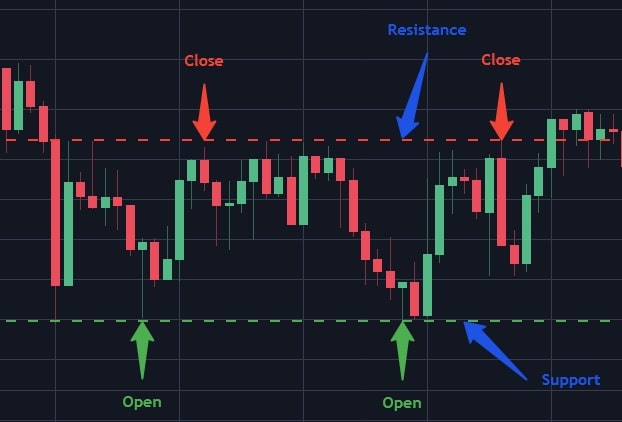Supply chain management is a complex process that involves multiple stakeholders and a vast amount of data and information. In recent years, blockchain technology has emerged as a promising solution for streamlining and improving supply chain management processes. In this article, we will explore the potential of blockchain technology in supply chain management and how it can help businesses enhance transparency, efficiency, and security in their supply chain operations.
What is Blockchain Technology?
Blockchain technology is a distributed ledger system that records transactions on a network of computers. Each block in the chain contains a unique code that is used to verify the authenticity of the information contained within it. This decentralized system eliminates the need for intermediaries and allows for secure and transparent transactions.
Benefits of Blockchain in Supply Chain Management
Blockchain technology has the potential to revolutionize supply chain management in several ways. First, it can enhance transparency by providing real-time visibility into the movement of goods and services throughout the supply chain. This can help businesses identify bottlenecks and inefficiencies and make data-driven decisions to optimize their operations.
Second, blockchain technology can improve efficiency by automating certain aspects of the supply chain, such as the tracking and verification of transactions. This can reduce the time and costs associated with manual processes and increase the speed and accuracy of supply chain transactions.
Finally, blockchain technology can enhance security by providing a tamper-proof record of all transactions and activities within the supply chain. This can help prevent fraud, theft, and other forms of malfeasance and ensure that all stakeholders are operating in a trustworthy and secure environment.
Examples of Blockchain in Supply Chain Management
Several companies are already exploring the use of blockchain technology in supply chain management. For example, Walmart is using blockchain to track the origin and movement of food products throughout its supply chain, while Maersk is using blockchain to improve the efficiency of its shipping and logistics operations. Other companies are using blockchain to track the movement of high-value goods, such as diamonds and luxury goods, to ensure authenticity and prevent fraud.
Challenges and Limitations
While blockchain technology holds great promise for supply chain management, there are also several challenges and limitations to its adoption. One of the biggest challenges is the need for standardization and interoperability between different blockchain systems. In addition, there are concerns about the scalability and speed of blockchain networks, as well as the high energy consumption required for blockchain mining.
Conclusion
In conclusion, blockchain technology has the potential to revolutionize supply chain management by enabling greater transparency, efficiency, and security. While there are still challenges to overcome and questions to be answered, the use of blockchain in supply chain management is becoming increasingly common and is likely to continue growing in the future.
As with any emerging technology, it is important for businesses to stay informed about the latest developments in blockchain and to carefully evaluate whether it is the right solution for their specific supply chain needs. With the right strategy and approach, blockchain can help organizations unlock new levels of efficiency, security, and transparency in their supply chain operations.
See more about Cryptos



